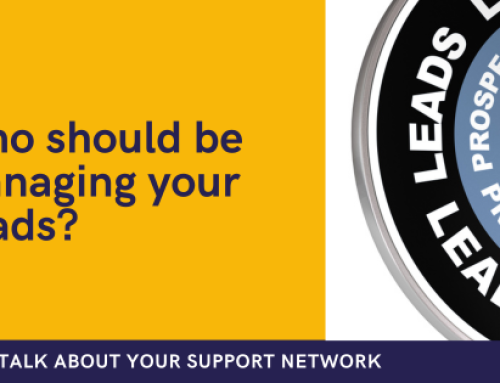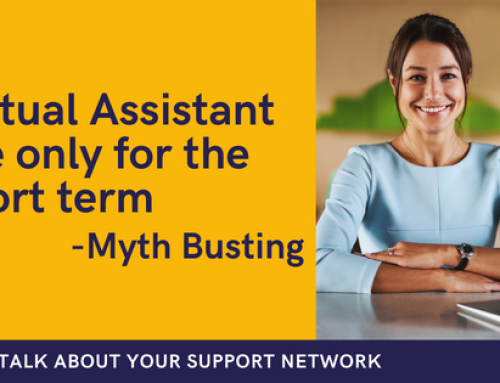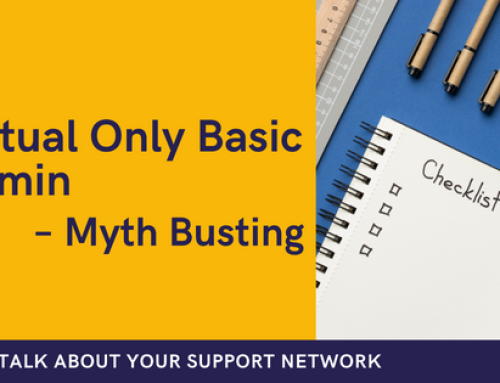2020 has been a difficult year for businesses. COVID-19 struck, upending our lives and putting financial stress and strain on all of us. Even the way we worked changed – with millions of us working from home, and millions more set to request flexible working in future.
In this climate, businesses can’t afford to ignore the other threats that are out there – and being sued by clients is one possible risk for many.
We have seen companies collapse after being sued by their clients. They pay millions for legal fees and still pay class-action settlements when they lose the case. As a professional, it is important to prepare and protect yourself if there is ever a disagreement between you and a client if you do not want to lose years of hard work and dedication to your company.
What is professional indemnity insurance?
Professional indemnity insurance protects companies and freelancers who offer professional services in the event that a client is dissatisfied with their work. A customer can sue you for financial loss if they believe it was caused by an error or negligence on your end.
What does it cover?
Professional indemnity insurance covers you for mistakes such as:
- Negligence
- Unintentional breach of copyright
- Breach of confidence
- Error of omission
- Breach of duty and civil liability
It covers costs required to put things right, such as legal fees and settlements. Professional indemnity insurance covers an array of potential risks, but it varies from one company to another, as well as the type of cover you choose.
Who needs it?
Professional liability insurance is a must-have for all business owners, but it should be a priority for those who:
- Provide professional services such as consultations and expert advice
- Have access to confidential information
- Provide services on a self-employed basis, e.g. consultants, freelancers and contractors
- Are likely to face disputes over quality or copyright in their line of work
- Provide training in sensitive fields that leave them exposed to claims of negligence
Professions that benefit from this cover include accountants, software developers, marketers, architects and IT consultants etc.
How much does it cost?
How much you pay depends on your claim history, type of profession and annual turnover. Rates for professional indemnity insurance can cost anywhere between 0.25% to 5% of your yearly turnover or fee income, depending on the common risk factors.
How much insurance cover do I need?
Before buying any type of insurance, you should cautiously assess how much cover you will need. When it comes to indemnity insurance, it is hard to estimate how much cover your business needs. You will have to look at the worst-case scenario to determine the amount of financial damage it could cause.
Why should I invest in professional indemnity insurance?
Financial protection
Lawsuits are very expensive, and they can run your company into bankruptcy. This cover protects you from any financial repercussions because it takes care of all the legal fees. Also, if the claimant is granted compensation, the insurance company will take care of that as well.
Increased credibility
Taking this insurance cover assures your investors and clients that you are well prepared should you be sued for any professional mistakes. It also gives clients more confidence to work with your company. They will see that you don’t try to cut any corners, and take your responsibilities seriously.
Peace of mind
As a professional, you will be at ease knowing that your company is protected from any misunderstanding that may arise between you and a client. Organising professional indemnity insurance may seem like a bit of a headache, but it’s nothing compared to the alternative scenario if you don’t have the right cover in place. In such difficult and challenging times, businesses need to do everything they can to shore up their finances – and the cost of professional indemnity insurance is a small price to pay for peace of mind.
Hubert Day is a freelance content producer and researcher from London. Apart from his projects, he also attends different conferences and events on business marketing, SMEs, ethical standards, and sustainable tourism.





